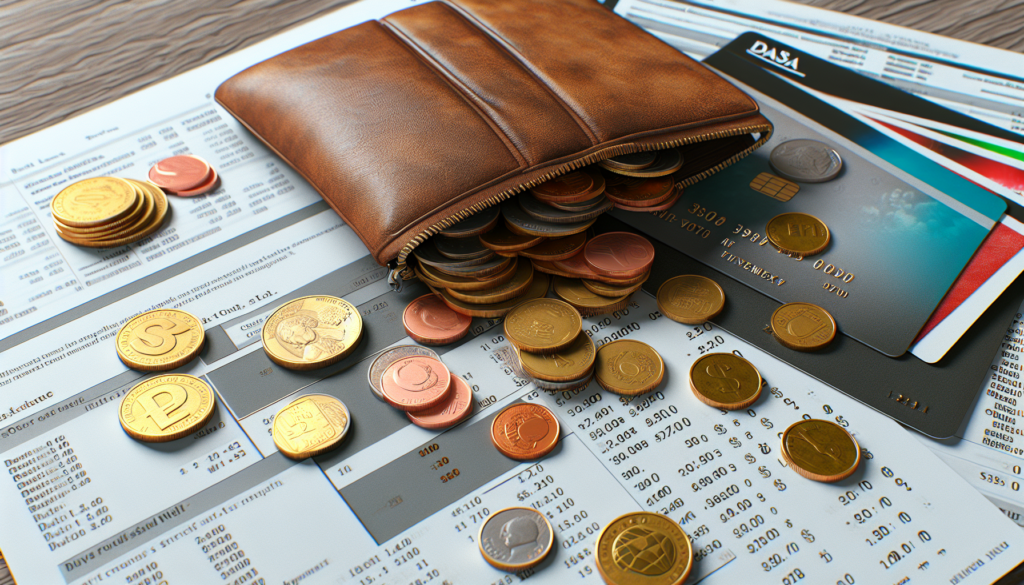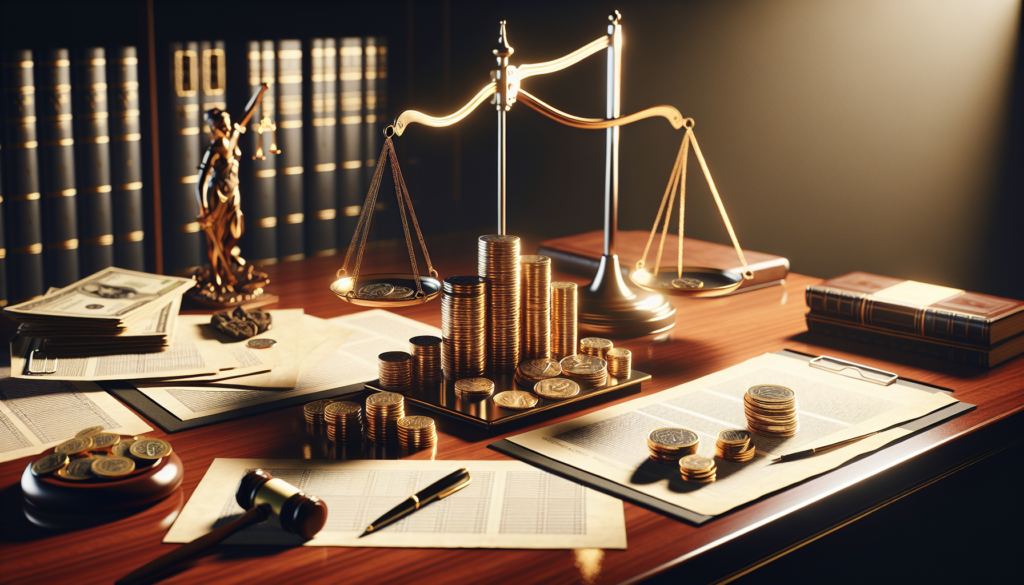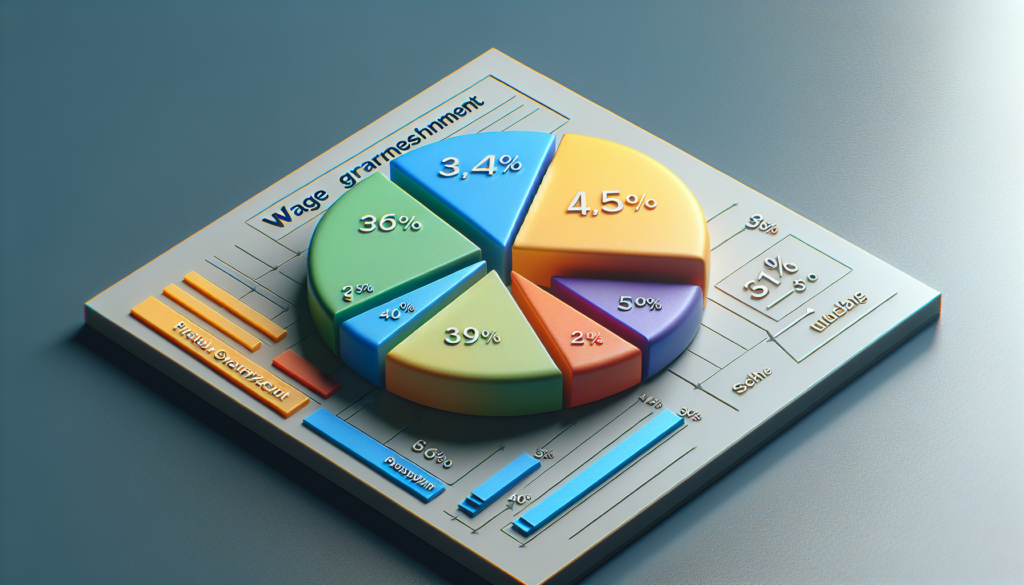The decision to file for bankruptcy is often shrouded in fear and misconception, with one of the most common fears being the loss of all personal assets. However, this couldn’t be further from the truth. Bankruptcy laws are designed not just to relieve debtors of their financial burdens but also to ensure they have the necessary means to rebuild their lives post-bankruptcy. Let’s delve into why filing for bankruptcy doesn’t mean losing everything and how it can be a strategic step towards financial recovery.
Understanding Bankruptcy Exemptions
Bankruptcy exemptions play a crucial role in protecting your assets. These exemptions allow you to keep essential property deemed necessary for a fresh start and basic living standards. The specifics of these exemptions vary by state, but they typically include items like a certain amount of equity in your home, your car (up to a certain value), clothing, household goods, and tools necessary for your profession. The idea is to prevent you from being stripped of your fundamental needs, ensuring you’re not left destitute.
Chapter 7 vs. Chapter 13 Bankruptcy
Understanding the differences between Chapter 7 and Chapter 13 bankruptcy can also dispel fears about losing everything:
- Chapter 7 Bankruptcy: Often referred to as liquidation bankruptcy, Chapter 7 allows for the discharge of most unsecured debts. It’s true that non-exempt assets can be sold to pay off creditors, but due to exemptions, many filers do not lose any assets at all. For those with minimal non-exempt property, Chapter 7 can offer a clean slate without significant asset loss.
- Chapter 13 Bankruptcy: This is a reorganization bankruptcy, where you create a repayment plan to settle debts over three to five years. Chapter 13 doesn’t typically involve selling assets. Instead, you can keep your property and make manageable payments to creditors, often at a reduced rate. It’s designed to help you restructure your finances without the acute loss of personal assets.
The Role of a Bankruptcy Attorney
A skilled bankruptcy attorney can be instrumental in protecting your assets. They can help you navigate the complexities of bankruptcy exemptions and choose the right chapter of bankruptcy based on your financial situation and goals. With their expertise, you can maximize the assets you retain and minimize your losses, making the process far less daunting.
Rebuilding After Bankruptcy
Filing for bankruptcy can actually be a proactive step towards financial stability. It can stop creditor harassment, prevent wage garnishment, and eliminate debilitating debts. Once you’re free from these burdens, you can start rebuilding your credit and financial health. Many individuals find that post-bankruptcy, they’re in a much better position to manage their finances, save money, and even invest.
The myth that you lose everything in bankruptcy is just that—a myth. While bankruptcy is a significant financial decision, it’s designed to provide relief and a pathway to a more stable financial future, not to strip you of all your possessions. By understanding the protections offered through bankruptcy exemptions and the differences between Chapter 7 and Chapter 13, you can approach this decision with a clearer perspective. If you’re overwhelmed by debt, don’t let the fear of losing everything hold you back from considering bankruptcy as a viable solution. With the right guidance and strategy, you can navigate through bankruptcy and emerge on the other side with your essential assets intact and a brighter financial future ahead.




Get a Free Bankruptcy Case Evaluation